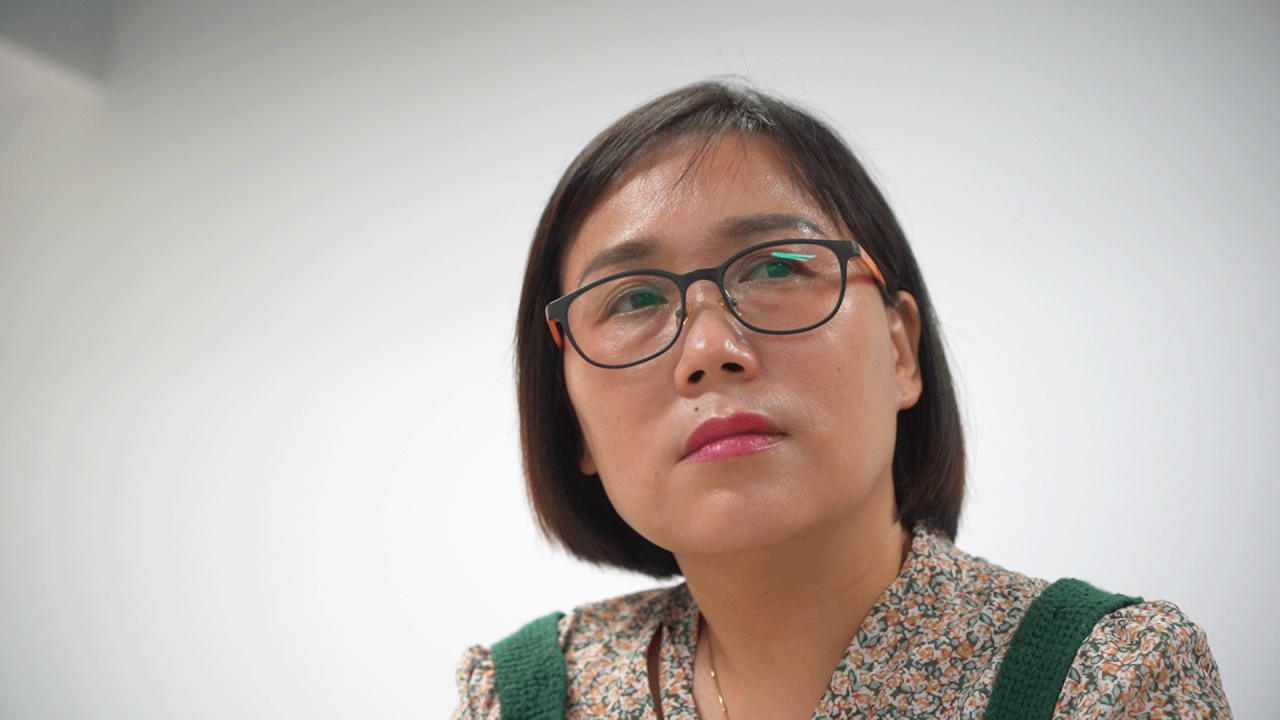Advertisement
Coronavirus: lockdown sparks desperate business measures in Chinese textile hub
- As a lockdown widens in a ‘complex’ Guangzhou district, local workers find ways to keep goods moving ahead of busy shopping day
- Living conditions under Covid restrictions ‘totally a mess’, local landlord says
Reading Time:3 minutes
Why you can trust SCMP

Several days ago, Tengfeng, a clothing distributor who lives in the southern Chinese city of Guangzhou, woke up to find the nearby urban village of Kangle sealed off because of a Covid-19 outbreak. No one was allowed in without a negative PCR test result within 24 hours.
Advertisement
“It’s best not to enter the village [to avoid a yellow health code],” he said. “But I had goods to deliver.”
Kangle is part of a textile compound within the larger district of Haizhu in Guangzhou. The compound is home to 59 wholesale textile markets and 23,000 shops that employ tens of thousands of workers directly as well as another 2 million people in related industries.
Now, Tengfeng who refused to give his family name is in lockdown, along with about 100,000 other workers.
Guangzhou has seen a surge in cases this month with 2,367 infections reported on Wednesday. Last Friday, authorities rushed to expand the lockdown, sealing off all of Haizhu district, the epicentre of the Guangzhou outbreak. But the restrictions have come at a particularly difficult time: China’s largest online shopping festival – known as Double 11 – starts on Friday.
Still, small businesses have been scrambling to meet production goals to guarantee supplies for the festival despite the restrictions, as they test the effectiveness of the controls.
Around October 23, before the lockdown had been expanded, some business owners managed to smuggle their goods out, Tengfeng said. “For example, buying cigarettes for the security guard in return for ‘a favour’, or giving red envelopes [with money] to some senior management officials to let them pass directly.”

Advertisement
